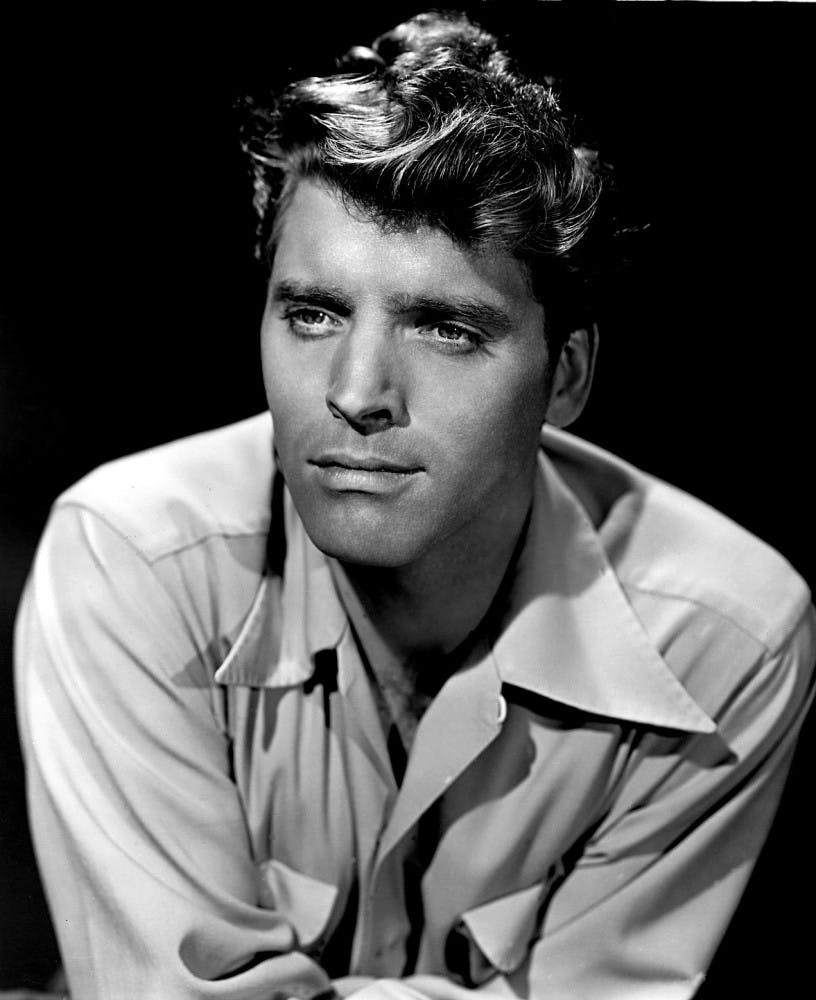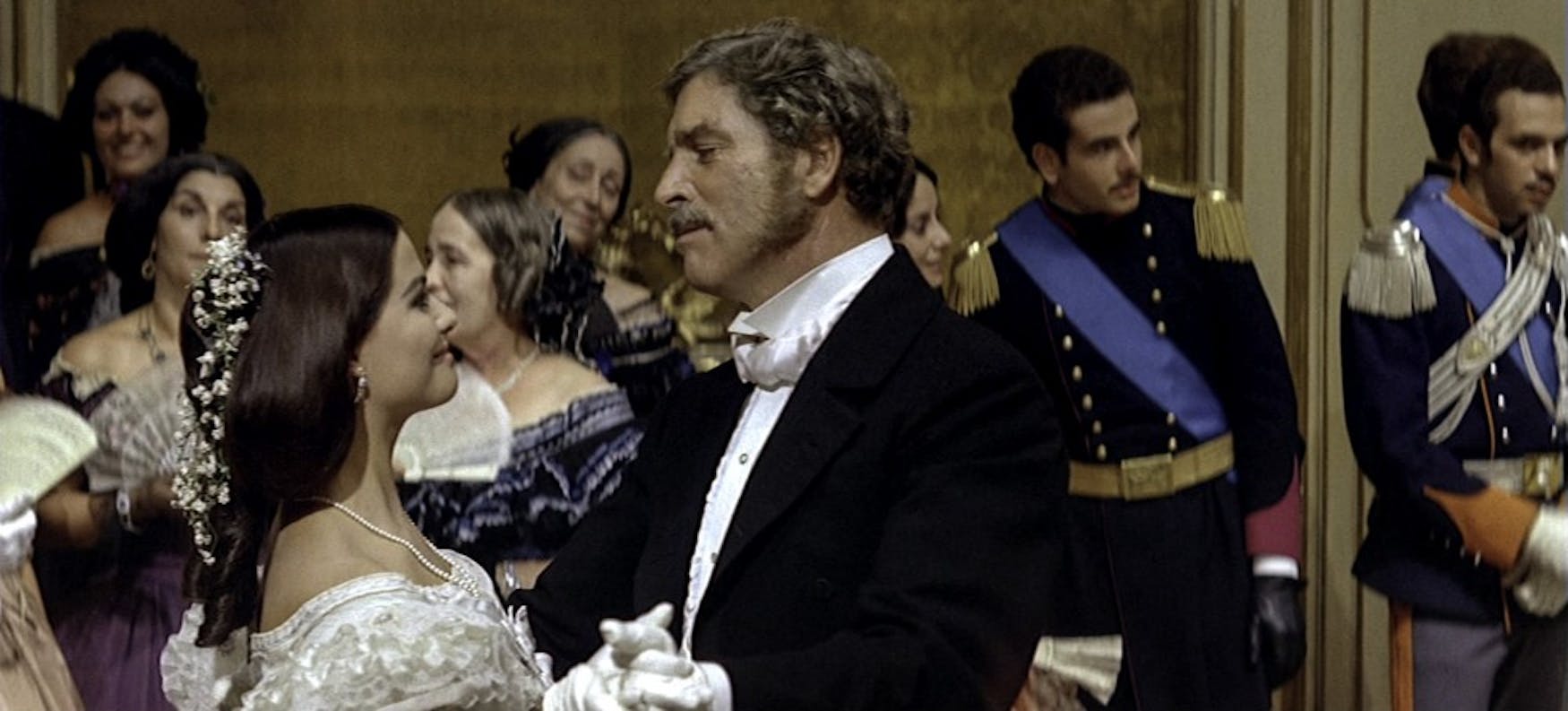Watch Out for the Leopard
The History of Ideas Program hosted a film screening of ‘The Leopard’
Leopards are sly, fast and endangered — so too is Burt Lancaster as Don Fabrizio Corbera in Luchino Visconti’s classic 1963 film “The Leopard.” Projected in a classroom at the Mandel Center for the Humanities on Thursday, March 8, this film — about a ruthlessly honest aristocrat fighting to preserve his way of life while his country is in political turmoil — created a calm in the room filled with students chewing popcorn and eating candy.
When “The Leopard” was released in theaters in the summer of 1963, it was largely dismissed by film critics, with the majority of the criticism aimed at Lancaster’s performance.
Prof. Bernard Yack (POL), a political theorist and author of several books on the topic of revolution and nationalism, feels differently. Both before and after the film screening, he stood up to face the audience. “They don’t make films like this today; they just don’t,” he said.
The film screening was part of a series hosted by the History of Ideas Program to explore classical film and study the ramifications of nationalism. “The Leopard” opens with a panorama of a villa in the Sicilian countryside in 1860. Soon, cries come out from the garden, where a dead Royalist soldier’s body has been found. The Prince of Saline, Don Fabrizio Corbera, finds the body and in a tight shot of his face, wrinkled and sweating, the audience sees a man in deep distress. The prince realizes that the dead soldier’s body is just the beginning of the carnage to come as revolution breaks out between the king’s army and rebels led by insurgent Giuseppe Garibaldi.

PANNED: Burt Lancaster’s portrayal of the prince of Salina was harshly criticized upon the film’s release.
Fearing for his life, the prince flees with his priest, taking a chariot to the small town of Palermo. There, after consuming countless glasses of bourbon, he meets with a prostitute. The next day, in a heated discussion with his priest, the prince justifies his actions by noting that while he has a loving a devoted Catholic wife, he has “never see her navel.” The priest laughs with the prince but is concerned. Both men sense that while everything seems the same at surface level, the paradigm is shifting, and war is imminent. The priest questions whether the church will survive the civil war, to which the prince forcefully proclaims that the church will always be fine, but that his class, the aristocracy, will fall.
Finding the small town of Palermo to be suffocating his spirit, the prince travels to his summer home in Donnafugata, where he spends his days hunting and evenings hosting guests and drinks copiously. In this small town, a referendum is held on whether Donnafugata should remain under control of its leading citizen, Don Calogero Sedara. Given the corrupt town officials and Sedara’s iron grip of control over town politics, the vote unsurprisingly yields a win for the nationalists by 512-0 votes. The prince looks on as the vote is announced, an expression of worry on his face. He later asks his hunting companion, who is also the village organist, about the vote. His companion admits that he voted no.
This event further sows doubt in the prince’s mind over whether he is part of a dying breed of aristocrats who, perhaps, have been corrupted by their own power. The film ends with a 22-minute scene of a grand ball held in the villa of a neighboring aristocrat. The final scenes show the prince wandering aimlessly during the ball, walking through each chamber of the house until he is lost. With nowhere else to go, he sits on the marble staircase, watching the young men and women fly as they dance across the marble floor. Ultimately, he joins the dancers with a look of deep sorrow across his face.
“The Leopard” may provide insight on today’s political climate, Yack explained. He noted the dignity with which Lancaster’s character handles the changing paradigm, as well as the dangers of nationalism and labeling the wealthy or educated in a society as “the enemy.”
Most of the students in the audience are participants in the History of Ideas Program at Brandeis, of which Yack is a faculty member. The program offers an interdisciplinary minor to students who wish to take elective classes and supplement their major with classes that pertain to social justice and new ways of thinking about personal identity and the world. The Program occasionally hosts a movie night, often screening classic films that the faculty believe have cultural significance, and shine a light on important moments in history and cultural shifts.
As the credits of “The Leopard” rolled across the screen, students from the program huddled in small groups to discuss the film. Some felt that, at 2 hours and 40 minutes, the movie was too long and failed to tell a compelling story. Others felt that Lancaster’s character was, in many ways, the opposite of Donald Trump. The conversation turned toward whether the movie was a cautionary tale with relevance to the millennial generation. One student mused as to whether the rich and educated in the U.S. should fear an uprising by the far-right and Tea Party members.
But, as Yack noted, the purpose of the screening was not to force students to analyze everything about the movie. In many ways, he said, “It’s a wonderful film because the costumes are so intricately detailed and colorful.”



Please note All comments are eligible for publication in The Justice.